Symbiotic Plant-Microbe Interactions
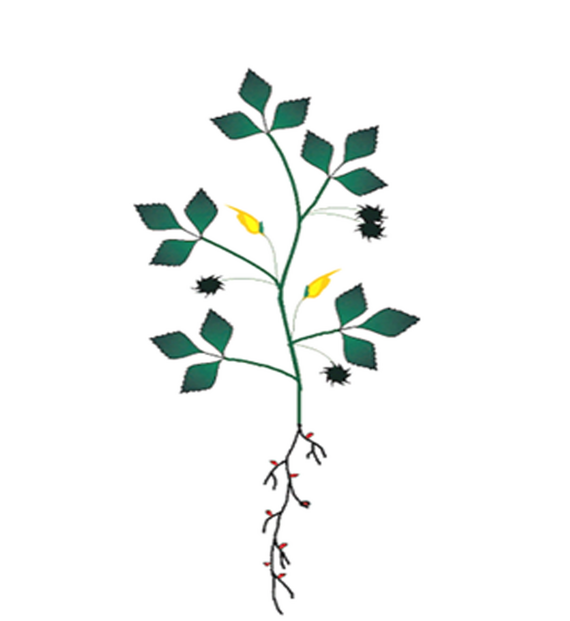
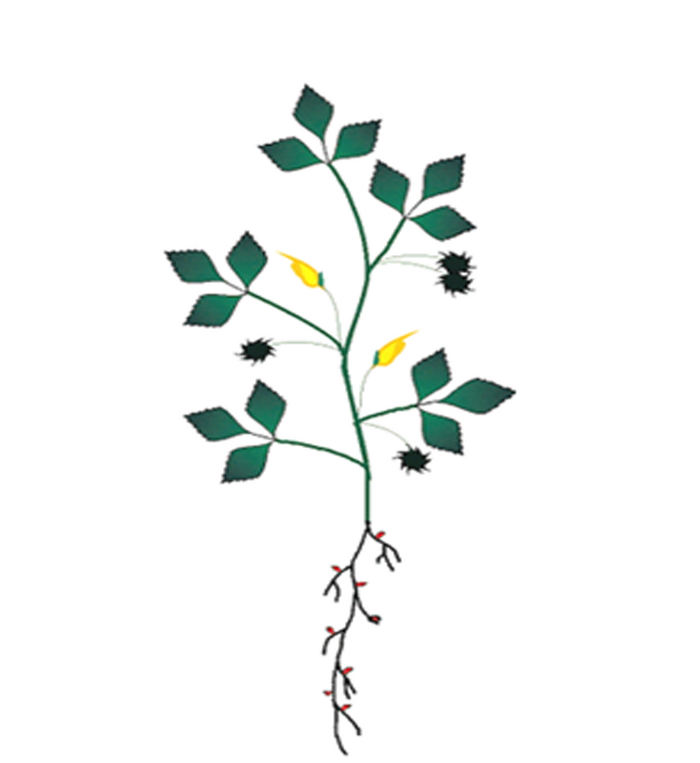
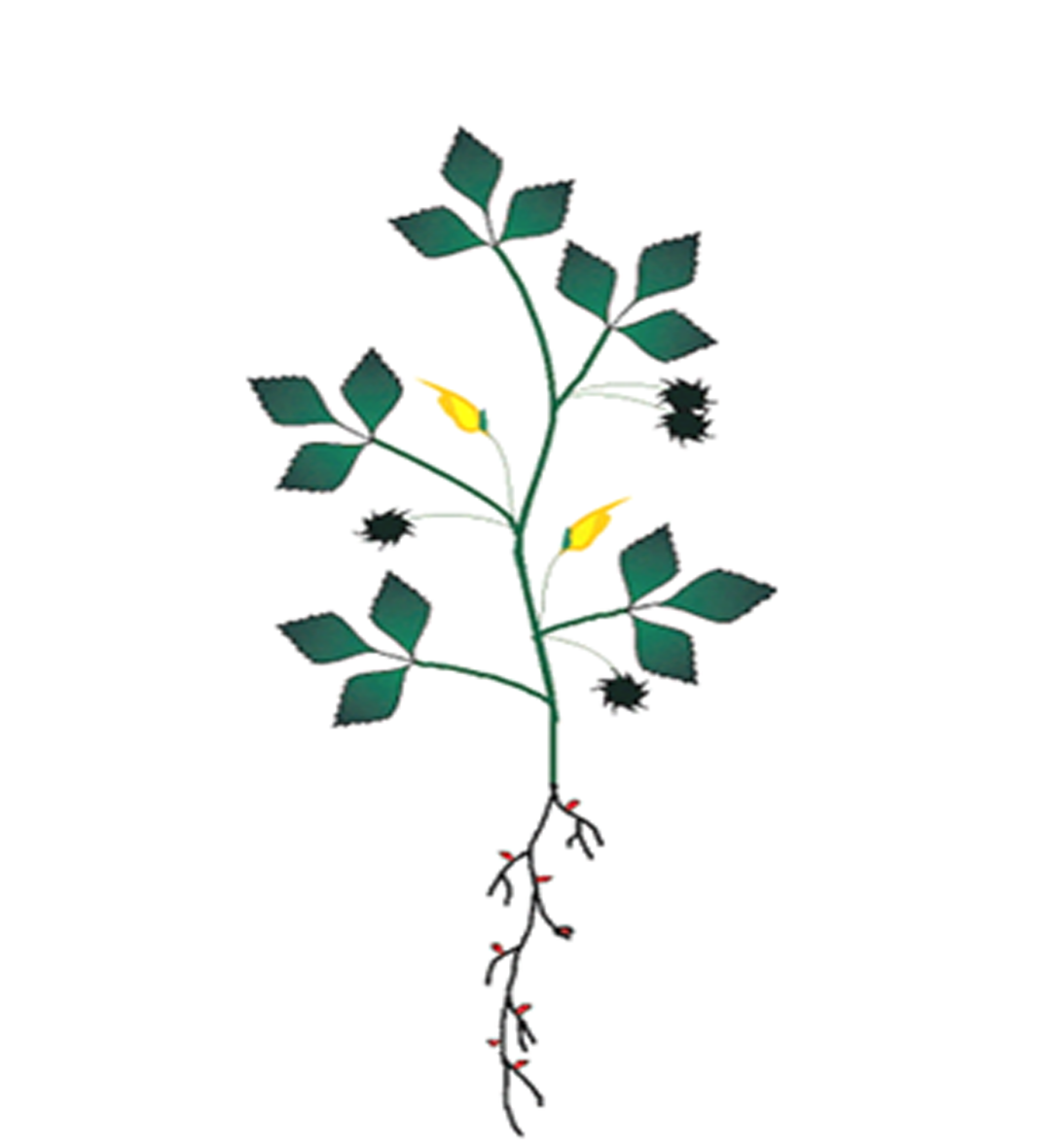
Legume plants enter two beneficial interactions with soil microbes, leading to the development of root nodules colonized by rhizobial prokaryotes and the formation of an arbuscular mycorrhiza with Glomeromycota fungi. While nodulation leads to symbiotic nitrogen fixation, arbuscular mycorrhizal roots show an improved uptake of phosphorus, but also nitrogen, minerals, and water, from the surrounding soil.
The model legume Medicago truncatula, where excellent functional genomics tools are available, was chosen for our research. Symbiotic gene expression is studied via transcript sequencing, GeneChip hybridization, and real-time RT-PCR. Cell-specific studies benefit from the application of laser microdissection and the expression of promoter-reporter gene fusions in transgenic roots induced on wild type or mutant plants.
To specify regulatory networks controling the initiation and development of plant-microbe symbioses, protein-protein interactions are performed in yeast or in transgenic plant systems. Gene function is investigated using Tnt1 insertion mutants, by RNA interference, or by CRISPR/Cas-mediated genome editing.
Contact
Head of Section
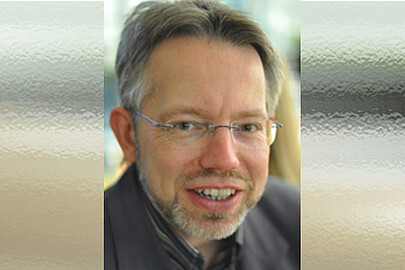
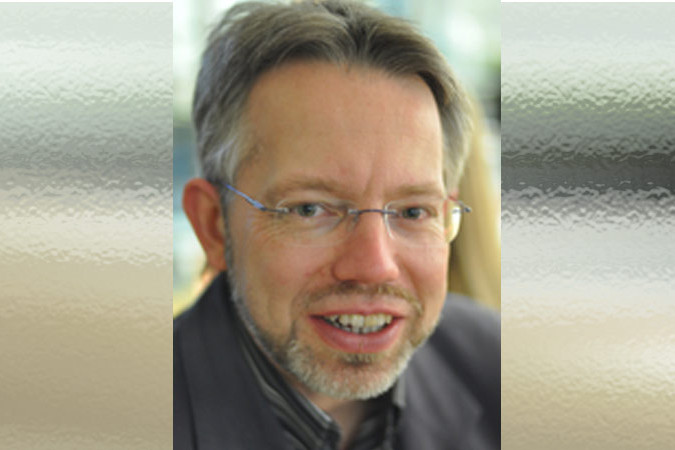
30419 Hannover


Lab Manager
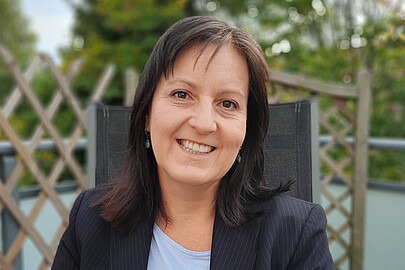
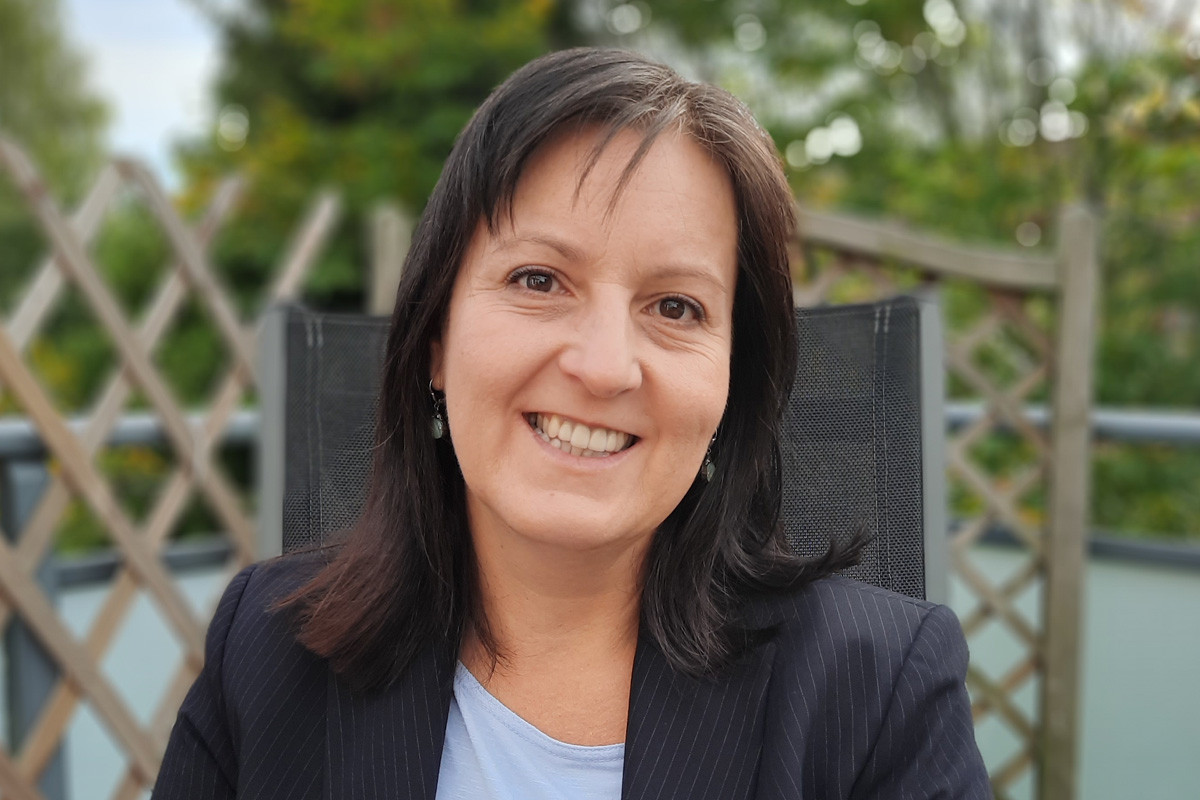
30419 Hannover

























